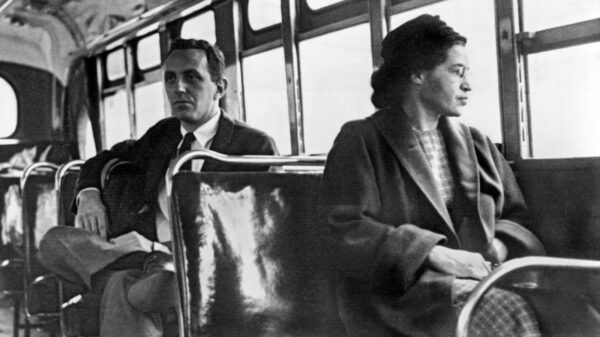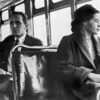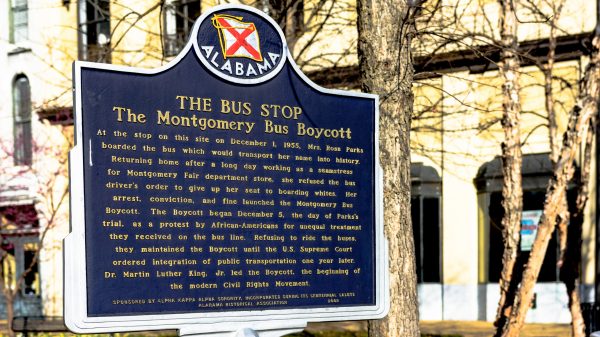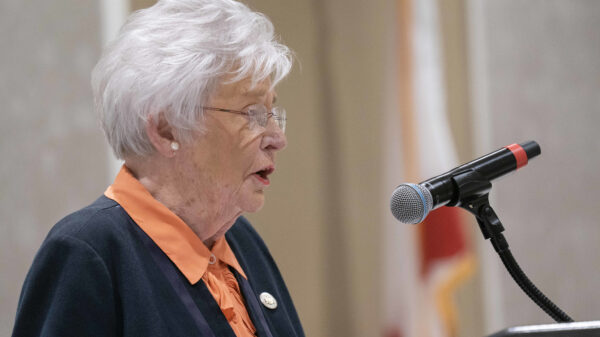By Brandon Moseley
Alabama Political Reporter
BIRMINGHAM—Today, Monday, January 16, 2017, is Martin Luther King Jr. Day, which is set aside to remember his legacy and the Civil Rights Movement, much of which was played out in Alabama during the 1950s and 1960s.
US Attorney General Loretta Lynch was in Birmingham this weekend to remember Dr. King at the historic 16th Street Baptist Church. It was her last official speech as Attorney General.
On Friday, President Barack Obama designated the Birmingham Civil Rights Area a National monument.
Following his announcement, Congresswoman Terri Sewell (D-AL7) held reception on Capitol Hill in Washington, DC to celebrate the new designation. “Today Birmingham takes its rightful place as the epicenter of the fight for Civil Rights in America,” Sewell said.
“Dr. Martin Luther King, Jr., proved that the hearts of many could be changed by the voice of one. Eloquently declaring that, ‘Love is the only force capable of transforming an enemy into a friend,’ Dr. King laid the framework for the essential bridge toward equality,” Sewell continued. “His dream of a collective nation, dedicated to peace and harmony, is the cornerstone of his teachings. We should arm ourselves with the love and compassion Dr. King carried daily.”
“As a daughter of Selma, Alabama, I am proud to represent a district historically rooted in the fight for civil and voting rights. We cannot forget the many sacrifices that have been made to advance the cause of equality, and we must do our part to carry the torch that has been passed down to us. Dr. King’s timeless vision should continue to guide us as we push forward. We cannot become complacent, but should remain steadfast in our push to secure fair voting rights across the nation. On this Martin Luther King, Jr., holiday, let us recommit ourselves to the principles of equality and justice for which Dr. King died.”
The Rev. Martin Luther King Jr. was a pastor in Montgomery who helped organize the Montgomery bus boycott which sparked the Civil Rights Movement he went on to lead. He was jailed in Birmingham and led voting rights marchers in the Selma to Montgomery march after Alabama State Troopers and local police turned back an earlier effort. His “I have a Dream” speech in Washington, D.C. defined the goals of the Civil Rights Movement. During his lifetime, he was awarded the Nobel Peace Prize for his efforts to end segregation. He was assassinated in 1969.
“We can’t take progress for granted,” Lynch told the congregation at the Sixteenth Baptist Church. “We have to work. There’s no doubt that we still have a way to go — a long way to go.”




















































